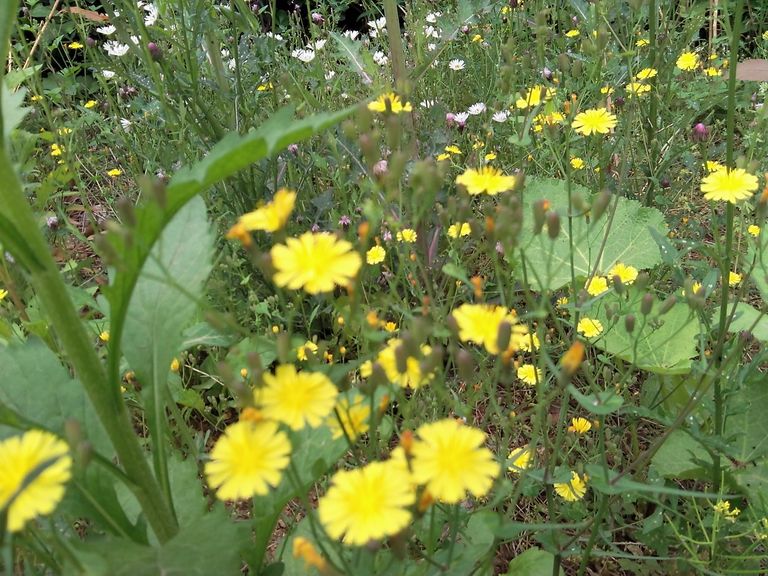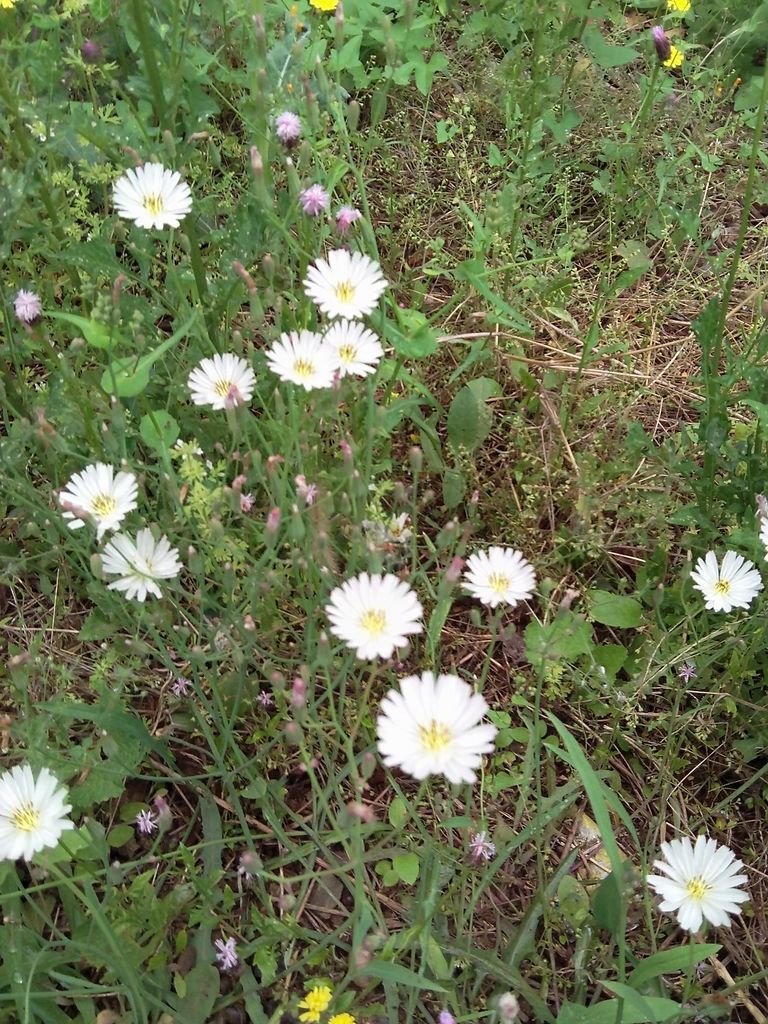
Around April 5 of the Gregorian calendar every year, it is the ancient festival of the Chinese nation - Qingming Festival (Tomb Sweeping Day). Qingming Festival is not only a solemn festival for tomb sweeping and ancestor worship, but also a happy festival for people to get close to nature, go outing and enjoy the fun of spring. In addition to China, there are some countries and regions in the world that also celebrate the Tomb Sweeping Day, such as South Korea, Malaysia, Singapore and so on.
The customs of Tomb Sweeping Day vary from place to place. The main customs include tomb sweeping and ancestor worship, outing, tree planting, willow planting, kite flying, etc.
The cold food festival has become a part of the Qingming Festival on the first or two days before the Qingming Festival. On this day, lighting a fire to cook a meal is prohibited while only cold food is eaten.
My grandfather and grandmother lived a long and healthy life, so when I was young, I had no experience of sweeping tombs and offering sacrifices to my ancestors, so I had no impression of the Qingming Festival. I only remember the scene of eating bitter vegetables on Qingming Festival when I was a child. On that day, mother washed the bitter vegetables and then we rolled them into pancakes, which tasted bitter. I only knew that eating bitter vegetables can brighten our eyes, but I didn't know why making a fire is prohibited and only eating cold food. I even regarded the cold food festival as Qingming Festival.
When I was about 30 years old, my grandparents left us. Only then did I have the experience of tomb sweeping on Qingming Festival, the memory of my deceased relatives and a deeper feeling for Qingming Festival.
Qingming Festival and weather
The customs of Qingming Festival-outing, planting trees, inserting willows, flying kites, etc. are actually closely related to the weather. During the Qingming Festival, the sky is clear and the earth is bright. It is the April day on earth. Everything recovers and the earth turns green. At this time, it is suitable to plant trees and willows. Flowers are in full bloom and trees are luxuriant. And because cemeteries are usually built in remote barren mountains, where lush vegetation and flowers are like brocade, after the end of tomb sweeping and ancestor worship, you can just enjoy the beautiful scenery.
Around the Qingming Festival, the warm and humid air flow in the south is deadlocked with the cold current in the north, which will form a season of rain. The weather is cold and warm from time to time. Once the Qingming Festival is over, the weather will obviously get warmer, the cold air flow will subside and will not come again.
It's windy and sandy in spring, but the wind is not strong as the summer wind, which is just suitable for flying kites.
Every Qingming Festival, facing the most beautiful time, remembering the closest ancestors, you feel sad, or happy, or the intersection of sadness and joy. In fact, Qingming is having a clear mind. What kind of Qingming you have depends on yourself, your experience and state of mind.
每年的公历4月5日前后,是中华民族古老的节日——清明节。清明节既是一个扫墓祭祖的肃穆节日,也是人们亲近自然、踏青游玩、享受春天乐趣的欢乐节日。除了中国,世界上还有一些国家和地区也过清明节,比如韩国、马来西亚、新加坡等。
清明节的习俗因各地而不同,主要习俗有扫墓祭祖、踏青、植树、插柳、放风筝等。
寒食节在清明节前一二日,已成为清明节的一部分,这一天禁烟火,只吃冷食。
关于寒食节的起源,据史籍记载:春秋时期,晋国公子重耳为躲避祸乱而流亡他国长达十九年,大臣介子推始终追随左右、不离不弃。重耳励精图治,成为一代名君“晋文公”。但介子推不求利禄,与母亲归隐绵山,晋文公为了迫其出山相见而下令放火烧山,介子推坚决不出山,最终被火焚而死。晋文公感念忠臣之志,将其葬于绵山,修祠立庙,并下令在介子推死难之日禁火寒食,以寄哀思,这就是“寒食节”的由来(摘自百度)。
爷爷奶奶健康长寿,所以年轻时的我没有扫墓祭祖的经历,对清明节也就没有什么印象了。只记得小时候清明节时吃苦菜的情景,在那一天把挖来的苦菜洗干净,然后卷在煎饼里吃,一种很苦的味道。只知道吃苦菜可以明目,至于为何不生火而吃冷食不清楚,甚至把寒食节也当作清明节了。
在我三十岁左右时,爷爷奶奶相继离开了我们,我才有了清明节扫墓的经历,才有了对逝去亲人的那份怀念,才对清明节有了更深深的一种情怀。
一、清明节与天气
清明节的习俗——踏青、植树、插柳、放风筝等,实际上都与天气有着密切的关系。清明时节,天清地明,那是人间四月天,万物复苏,大地转绿,这时适宜植树、插柳。花木开放,多彩多姿,可以踏春游览。又因为墓地一般建在偏僻的荒山野岭之地,那里草木葱葱,繁花似锦,扫墓祭祖结束之后,正好欣赏一下美好的风景。
清明时前后,南方的暖湿气流与北方的寒流僵持不下,会形成雨纷纷的时节,天气时冷时暖,颇有变化。而一旦过了清明,天气就会明显转暖,寒冷气流偃旗息鼓,不再重来。
春天多风沙,风疾可又不是夏季的狂风,正好适宜放风筝。
二、中国古诗词中与清明有关的诗句
桃花雨过菜花香,隔岸垂杨绿粉墙。斜日小楼新燕子,清明风景好思量。(清)介石
清明时节雨纷纷,路上行人欲断魂。借问酒家何处有,牧童遥指杏花村。(唐)杜牧
燕子来时新社,梨花落后清明。(宋)晏殊
况是清明好天气,不妨游衍莫忘归。(宋)程颢
梨花风起正清明,游子寻春半出城。(宋)吴惟信
偶遇一段文字,觉得很美,抄录于此,权作文章的结束语。
“清明时节,面对最美的时光,追思最亲的先人,或悲,或欣,或悲欣交集。其实,清明就是清明,过什么样的清明,取决于你自己,取决于你的遭遇和心境。”

Tomb Sweeping Day?? Thats totally new thing to me.
Haha, culture varies with countries and regions. Thanks for your comment.
:::Discord :::Whatsapp:::Twitter :::
Many thanks to you.
Thank you for sharing your traditions with us, I did not know these celebrations existed.
It's one of traditional Chinese festivals. And thanks for your great support and encouragement. Good vibes!
Congratulations, your post has been curated by @dsc-r2cornell. You can use the tag #R2cornell. Also, find us on Discord
Felicitaciones, su publicación ha sido votada por @ dsc-r2cornell. Puedes usar el tag #R2cornell. También, nos puedes encontrar en Discord
Many thanks to you.